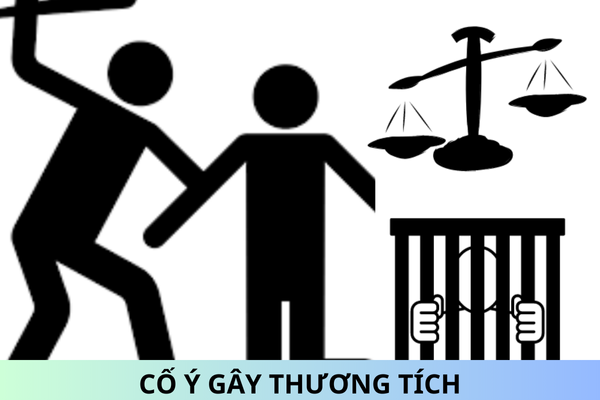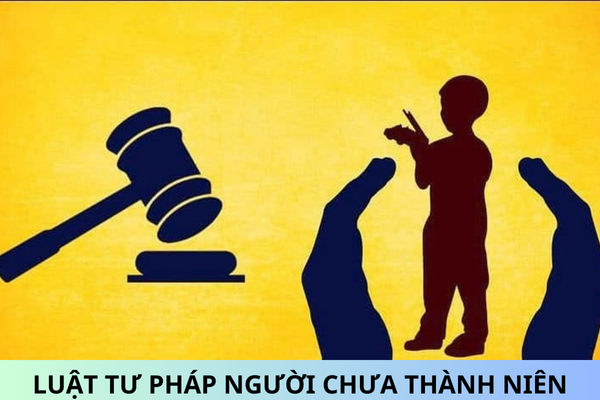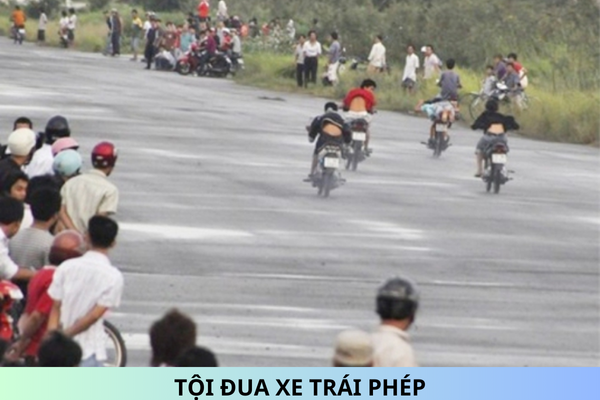What is theft of property? What are regulations on theft of property under the Criminal Code of Vietnam?
What is theft of property in Vietnam?
According to the current regulations, there is no definition of what constitutes theft of property. However, under the criminal law provisions concerning the Crime of theft of property, it can be understood as covert acts of unlawfully seizing the property under the management of someone else. theft of property is a dangerous act for society, infringing on the property ownership rights of others.
Crime of theft of property under the Criminal Code of Vietnam
Article 173 of the Criminal Code 2015 and Clause 34, Article 1 of the Law amending the Criminal Code 2017, stipulate the Crime of theft of property as follows:
"1. Anyone who steals property of another person valued from 2,000,000 VND to under 50,000,000 VND or under 2,000,000 VND but falls into one of the following cases, shall be subject to non-custodial reform for up to 3 years or imprisonment from 6 months to 3 years:
a) Has previously been administratively sanctioned for the act of property appropriation but reoffends;
b) Has a prior conviction for this crime or for one of the crimes specified in Articles 168, 169, 170, 171, 172, 174, 175 and 290 of this Code, and the criminal record has not been expunged but reoffends;
c) Causes adverse impact on security, order, and social safety;
d) The property is the main livelihood means of the victim and their family;
dd) The property is an artifact or antique.
- Committing the crime in one of the following cases, shall be punished by imprisonment from 2 years to 7 years:
a) In an organized manner;
b) Of a professional nature;
c) Seizes property valued from 50,000,000 VND to under 200,000,000 VND;
d) Uses cunning, dangerous tricks;
dd) Assaults to escape;
e) The property is a national treasure;
g) Dangerous recidivism.
- Committing the crime in one of the following cases, shall be punished by imprisonment from 7 years to 15 years:
a) Seizes property valued from 200,000,000 VND to under 500,000,000 VND;
b) Exploits natural disasters or epidemics.
- Committing the crime in one of the following cases, shall be punished by imprisonment from 12 years to 20 years:
a) Seizes property valued at 500,000,000 VND or more;
b) Exploits wartime, emergency situations.
- The offender may also be fined from 5,000,000 VND to 50,000,000 VND."
The constitutive elements of the Crime of theft of property are specifically as follows:
1. Objective aspect of the crime:
- Actions: The offender commits a covert act, taking advantage of the victim's negligence to carry out the act of seizing the victim’s property.
- Consequence: The victim's property is unlawfully seized.
2. Subjective aspect of the crime:
- Fault: The act is performed with direct intentional fault.
- The purpose of the criminal act is a mandatory sign: To seize the victim’s property.
3. Object aspect of the crime:
The crime infringes on the relationships related to the legal property ownership protected by law, including the state, agencies, organizations, and individuals.
However, in cases where, after stealing the property of an organization or individual, the offender retaliates to escape, causing death or injury to others, they may be prosecuted for another crime (such as: Murder, Robbery, etc.)
4. Subject aspect of the crime:
A person with full criminal liability capacity.
Note: In cases where the offender is between 14 and under 16 years old, they are not criminally liable for theft of property as stipulated under Clauses 1 and 2 of Article 173 of the Criminal Code.
Punishment for the crime of theft of property:
Depending on specific cases, the nature, and danger level of the act, the offender can be subject to non-custodial reform for up to 3 years or imprisonment from 6 months to 20 years.
Additionally, the offender may also be fined from 5,000,000 VND to 50,000,000 VND.
Respectfully!










